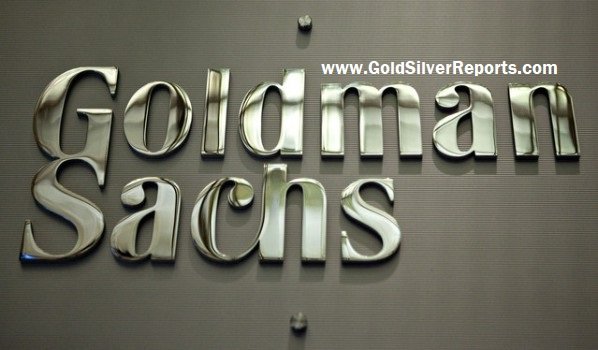Gold Silver Reports – Hedge Funds Battle With Goldman Sachs in Going Long on Aussie – Goldman Sachs Asset Management is clashing with speculators in a wager on a weaker Australian dollar, just as those hedge funds top up bets on the currency appreciating.
Philip Moffitt, the Asia-Pacific head of fixed income at Goldman Sachs Asset Management, sees the dollar Down Under falling as the country’s central bank raises interest rates at a slower pace than many of its developed-world peers. By contrast, leveraged accounts — often hedge funds — last week boosted positions that pay off if the Aussie strengthens to A$8.6 billion ($6.7 billion) worth of contracts, the highest level since 2013.
The split highlights a division on the outlook for the Reserve Bank of Australia, which has had to contend with a booming domestic housing market alongside a slowdown in economic growth thanks to weak income gains that have forced households to eat into their savings. Against a backdrop of other central banks pulling back on stimulus, many are betting nonetheless that the RBA will jump on the bandwagon.
A widening gap between three-year government bond yields and the RBA’s benchmark cash rate also shows how the bond market is betting on the RBA tightening policy for the first time since 2010.
Even so, the swaps market shows that there remains much disagreement: traders are banking on an RBA hike sometime next year but have pared back bets for an increase in the second half of 2018.
Rates traders in the U.S. are less divided, with futures pricing suggesting about 80 percent odds of a Federal Reserve rate rise in December. That’s narrowed the yield premium of Australian 10-year government bonds over U.S. Treasuries.
Read More: Bond Party Set to Cool in India Amid Inflation, Fiscal Risks
The shrinking Aussie yield premium has helped Goldman Sachs Asset Management’s position pay off. The local dollar bought 77.57 U.S. cents at 10:20 a.m. in Sydney on Tuesday, down from this year’s high of 80.15 cents in early September.
“Australia will be slow” to tighten, Moffitt said in a recent interview in Sydney. “They are quite uncomfortable with the fact that if they surprise the market with a rate hike that the response would be that the currency would go up.”
